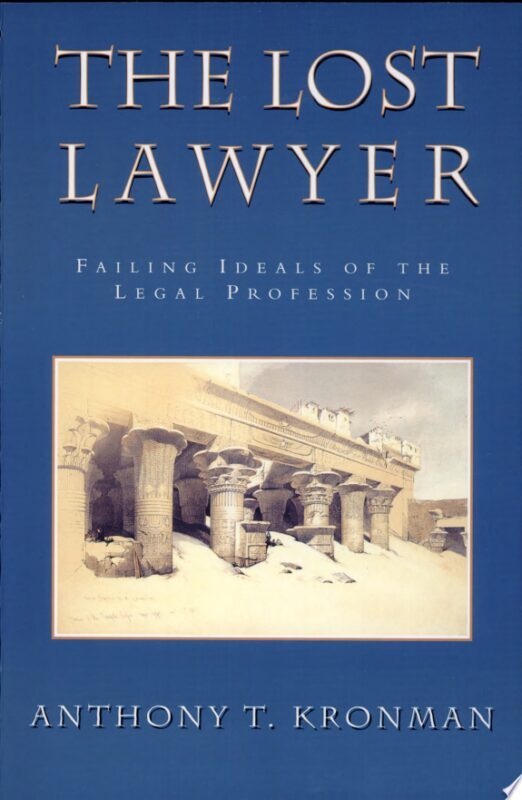In 2012 a research department at Facebook engineered and conducted a project in which it altered the wording of thousands of news feeds and then displayed them to approximately 600,000 viewers over the period of a week.
What does all this have to do with lawyering and the law? More than you might think, as we shall see.
The question was whether the alterations in the texts would alter the probable emotional states of the viewers. I’m not quite sure how this was measured, but I think it must have been through the language employed by the involuntary viewer in his/her own posts.
The result was, roughly, that those who received “negativatized” feeds tended to be more negative, while those who were exposed to more positive feeds were the reverse, also measured by current clips, i.e.,” current status updates.” It’s not clear to me how this could be measured. It seems to me that one would have to compare and contrast usage over a short time interval after the reading of the feed with the pattern of usage over a longer period of time. Of course, two decisions would also have to be made and justified, namely, how long was each of the intervals to be.
Then again, maybe I just don’t know what I’m talking about; after all, professors of relevant topics from Cornell and Princeton were involved. Both of these are sound institutions, so I suppose it can be inferred that all faculty members selected by Facebook would be capable, competent, and wise. (Then again, we don’t know how much they were being paid.)
Other things also seem to be wrong with this study. Here’s one or two:
- The researchers at Facebook, and their academic helpers, could not measure the impact of the change in language on users who were already severely depressed or suffering from deep and painful anxiety. I would be surprised if they were not affected in the way the Facebook researcher (often called “scientists” in the papers–nonsense, of course) said they were.
- But the more significant question would be whether there was a greater negative effect on the emotional states of those people than on the average person, the average negative person, or the average shame-filled person, and so forth.




Recent Comments